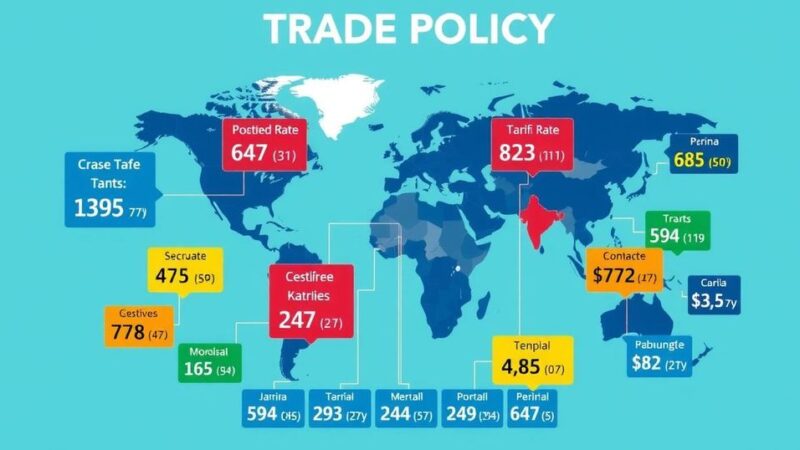Binance faces three legal battles in Nigeria, including a proposed $81 billion fine for alleged economic harm. Additional charges include money laundering and tax evasion, with court proceedings hindered by delays. The company’s operational challenges and the impact on Nigeria’s crypto market are profound, as officials advance with the prosecution despite legal sluggishness.
Binance is currently embroiled in a complex legal situation in Nigeria, facing three court cases. The Nigerian government has proposed a staggering $81 billion fine on the cryptocurrency exchange, alleging detrimental effects on the nation’s economy. Two additional criminal cases regarding money laundering and tax evasion have also been initiated against Binance, which the company has strongly denied.
Despite Nigerian authorities’ eagerness to expedite these trials, they have been significantly hampered by the inefficiencies of the country’s legal system, with scheduling conflicts and procedural delays causing considerable slowdowns. Consequently, Binance has not provided public commentary on the proposed $81 billion penalty, while its previous attempts to engage in airdrop promotions have been affected due to the ongoing legal scrutiny.
An overview of the legal actions reveals the gravity of the $81 billion economic distortion case, which is almost 19 times larger than the $4.3 billion settlement Binance reached with the United States in 2023. The Federal Inland Revenue Service (FIRS) argues that Binance provided services to Nigerian customers without the necessary licensing, thus depriving the government of substantial tax revenue over six years, amounting to $2 billion in back taxes and an additional $79 billion for alleged economic damages.
The situation intensified when Nigeria’s central bank blamed Binance for the decline of the naira. This led to the detention of key Binance executives in February 2024 by the country’s state security department. Though one executive was released under humanitarian grounds, Binance now faces claims of laundering $35.4 million for unlawful activities. While the trial was expected to resume in February, updates have been sparse.
Lastly, the tax evasion case charged by the FIRS has progressed slowly, overshadowed by the focus on the money laundering allegations. With the first witness finally testifying last month, the judge has scheduled the next hearing for April 11, yet the resolution of these legal challenges remains uncertain as Binance continues to navigate these tumultuous waters.
In summary, Binance’s legal issues in Nigeria present a multifaceted challenge, encompassing allegations of economic distortion, money laundering, and tax evasion. The proposed $81 billion fine highlights the severity of the accusations against Binance, while the protracted legal process illustrates significant deficiencies in Nigeria’s judicial system. As Binance continues to confront these allegations, the implications on Nigeria’s crypto economy and Binance’s global operations remain significant and uncertain.
Original Source: www.dlnews.com






